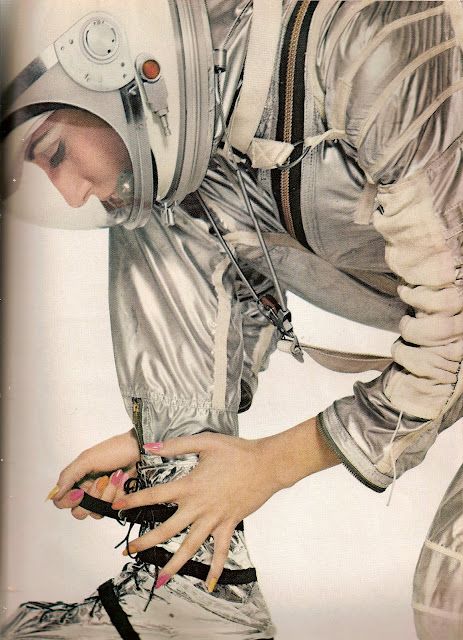I’m always surprised economies, for all their failings, work as well as they do. Similarly, I’m continually shocked more people don’t commit murder. I suppose I’m a pessimist.
Life on Earth is complicated, and it likewise will be out there when we start traveling regularly in space, attempting to set up colonies and mine asteroids. There’ll be crushing mishaps and perhaps direct democracy and trillionaires. What a brave new world that will be.
In the Financial Times, John Thornhill writes of far-flung finances, thinking about the need for regulation when we fan out among the stars. He’s not hopeful we’ll do better on the moon or Mars. An excerpt:
To stimulate fresh thinking, Nasa challenged economists, including the Nobel Prize-winning Eric Maskin and Mariana Mazzucato, to examine the economic development of low earth orbit, or “commercial space”. Their suggestions were published this month.
The critical question is how the public sector best interacts with the private sector. In 2011, Nasa set up the Center for the Advancement of Science in Space to encourage public institutions and commercial enterprises to use the ISS as a platform for innovation. The economists have several good ideas for this. Comprehensive databases could be created to record space research. Smarter insurance could help entice thinly capitalised start-up companies. Biotech firms could be incentivised to exploit a microgravity environment.
But based on most of the contributions to Nasa, it looks as if the space economy will end up pretty much like the one on earth, where the cash-strapped public sector remains in thrall to the private sector. The worry is that the infrastructure costs will be socialised while the profits are privatised.
That would be a shame.•
Tags: John Thornhill

